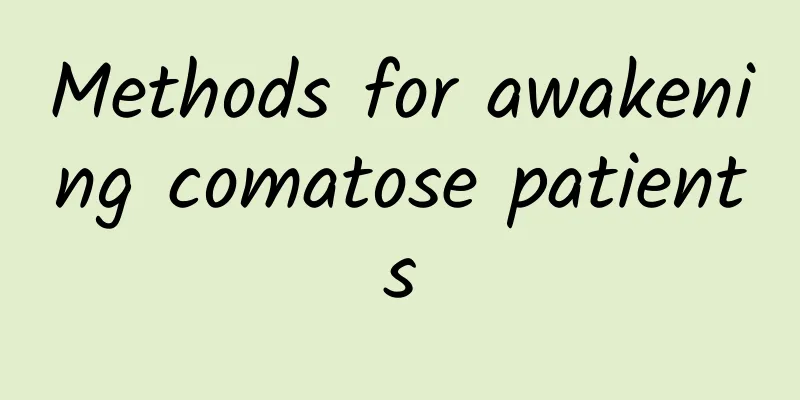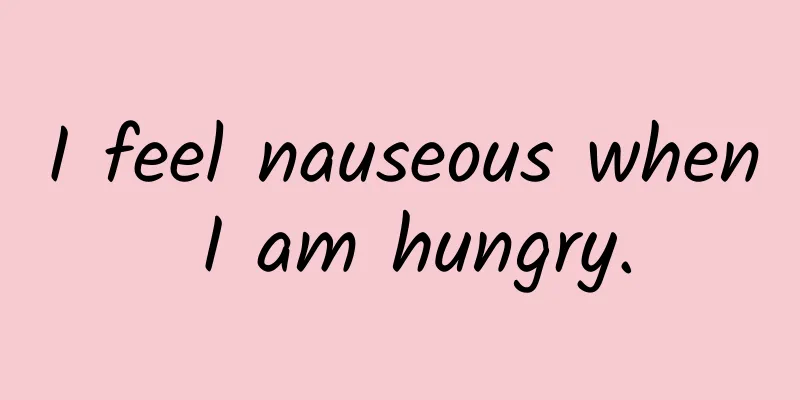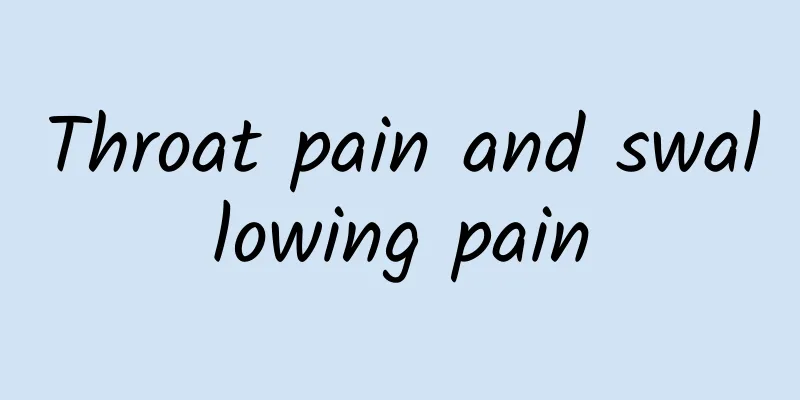Methods for awakening comatose patients

|
It is common for patients to fall into coma clinically, and the causes of coma are also varied. For comatose patients, it is important to promote early awakening. Therefore, it is important to understand the methods of awakening comatose patients. In general, comprehensive treatment can be carried out through high cervical spinal cord electrical stimulation, and in addition, hyperbaric oxygen chambers and some methods of traditional Chinese medicine can be used as auxiliary treatment methods. Methods for awakening comatose patients Our treatment is a comprehensive one with "high cervical spinal cord electrical stimulation" as the core and supplemented by hyperbaric oxygen, traditional Chinese medicine and other related treatments. Spinal cord stimulation (SCS) is a method of treating diseases by implanting electrodes into the spinal canal to stimulate the spinal cord and nerves with pulsed current. It was first clinically applied by Shealy et al. in 1967. In clinical practice, the electrodes were placed at the C3-C4 level. It was found that electrical stimulation of the cervical spinal cord could significantly increase blood flow to the patient's cerebral hemispheres, improve cerebral blood flow and increase glucose metabolism. This mechanism may be related to the activation of vasoactive centers in the brainstem reticular formation by electrical stimulation, or it may be related to the reduction of sympathetic nerve tone by electrical stimulation of the cervical spinal cord. Studies on electrical stimulation devices implanted in the body have confirmed that cervical SCS can significantly increase cerebral blood perfusion in comatose patients, increase the levels of dopamine and norepinephrine in the cerebrospinal fluid (no change in epinephrine levels), and reduce oxidative stress, thereby protecting brain tissue and promoting awakening of comatose patients. A series of studies have confirmed that SCS can improve the clinical symptoms of vegetative patients.Clinical manifestations In terms of clinical manifestations, the patient is in a state of catatonia, with no conscious response to external stimuli, and only retains the most basic life functions such as breathing, nutritional metabolism, excretion and secretion, as well as certain reflexes, such as light reflex, corneal reflex and pain avoidance. (1) Loss of voluntary movement, and sometimes the limbs have a flexion escape reaction to painful stimulation. Therefore, this type of patient cannot move or change position on their own and can only lie in bed and must be cared for and looked after by others. (2) Intelligence, thought, will, emotion and other purposeful activities have been lost; the eyelids can be opened, but the eyeballs show purposeless movements. The patient cannot speak or understand language, and sometimes even if the eyes can focus, they cannot recognize. (3) Loss of the ability to actively eat and drink, inability to express hunger or fullness, and sometimes swallowing, chewing, and teeth grinding. (4) Incontinence |
<<: The fastest way to reduce swelling after surgery
>>: The best way to protect your heart
Recommend
How to get your period early? Three methods can help you
Early onset of menstruation is often a sign of me...
What diseases can be detected by testing leucorrhea?
Everyone knows that female leucorrhea is a normal...
How do hemorrhoids form? What are the causes of hemorrhoids?
Hemorrhoids are anorectal diseases that can cause...
Blackness in front of eyes after squatting down
I believe many people have had this experience: w...
Does wild rice stem need to be blanched?
The way to eat water bamboo is actually quite sim...
What should I pay attention to during my period?
During menstruation, women must pay more attentio...
What is a hard lump under the buttocks?
If a hard lump appears under the skin of the butt...
Is surgery necessary for low-grade tumors?
Low-grade neoplasia is a very common cancer disea...
How to distinguish kidney deficiency from spleen deficiency? What are the characteristics?
The formation of eye bags is directly related to ...
What are the typical symptoms of nasal polyps?
Nasal polyps are a common disease that occurs in ...
Pleural effusion puncture site
Pleural fluid puncture is a therapeutic and diagn...
What causes tonsil suppuration? Here are three reasons to know
There are many causes of tonsillitis, and it is d...
Symptoms of a stomach injury
Stomach injury is a term for a disease in Traditi...
What medicine should I take if there is a strange smell down there?
For women, if there is an odor down there, you mu...
Tumor Specific Growth Factor
We all know that malignant tumors are particularl...









